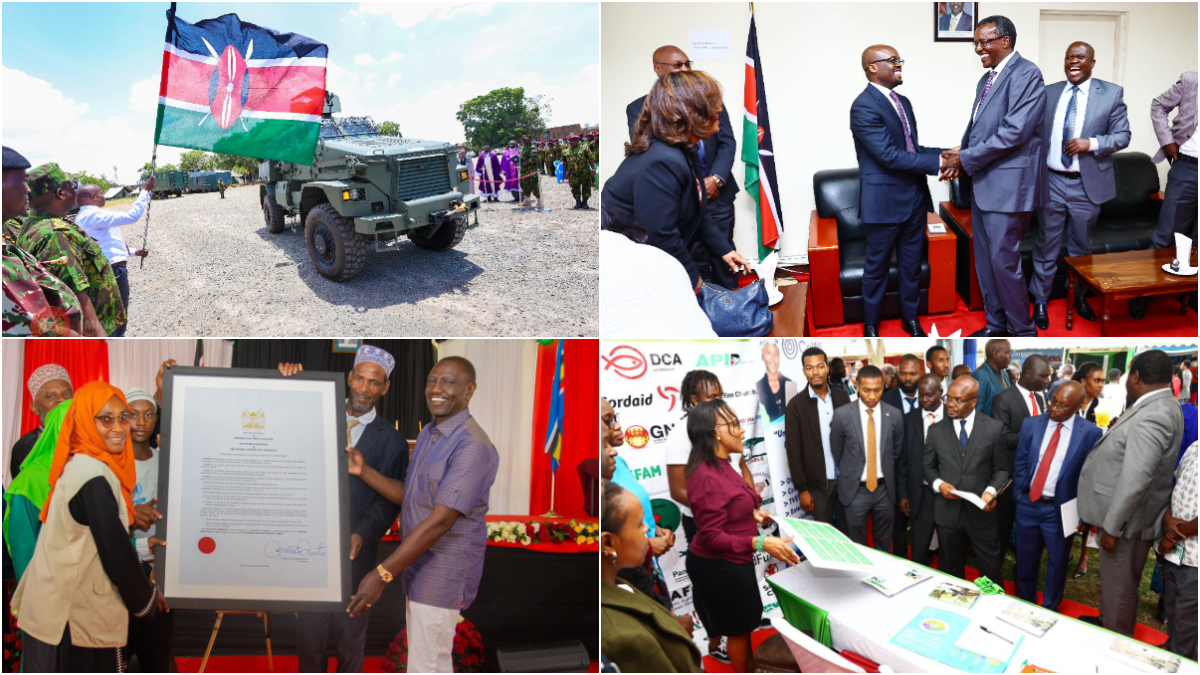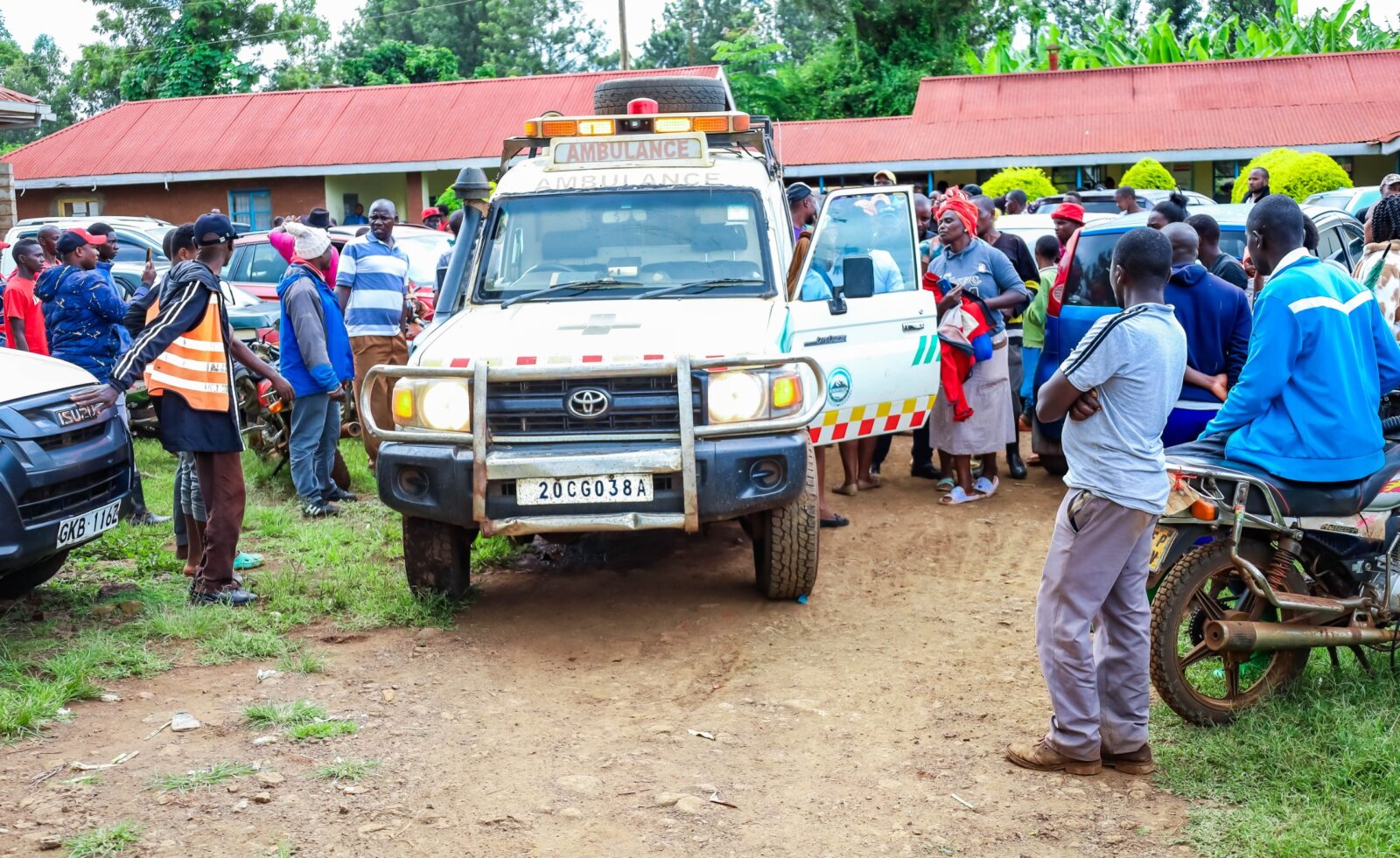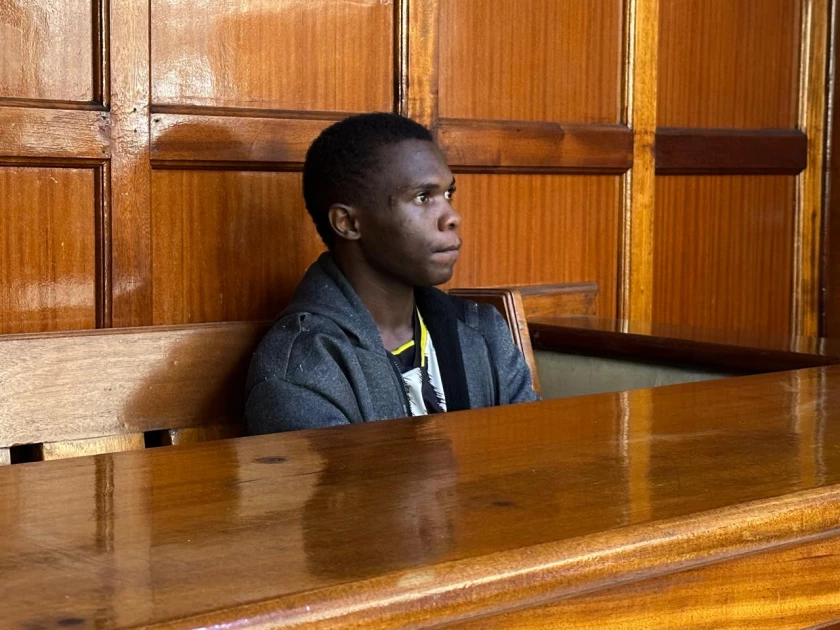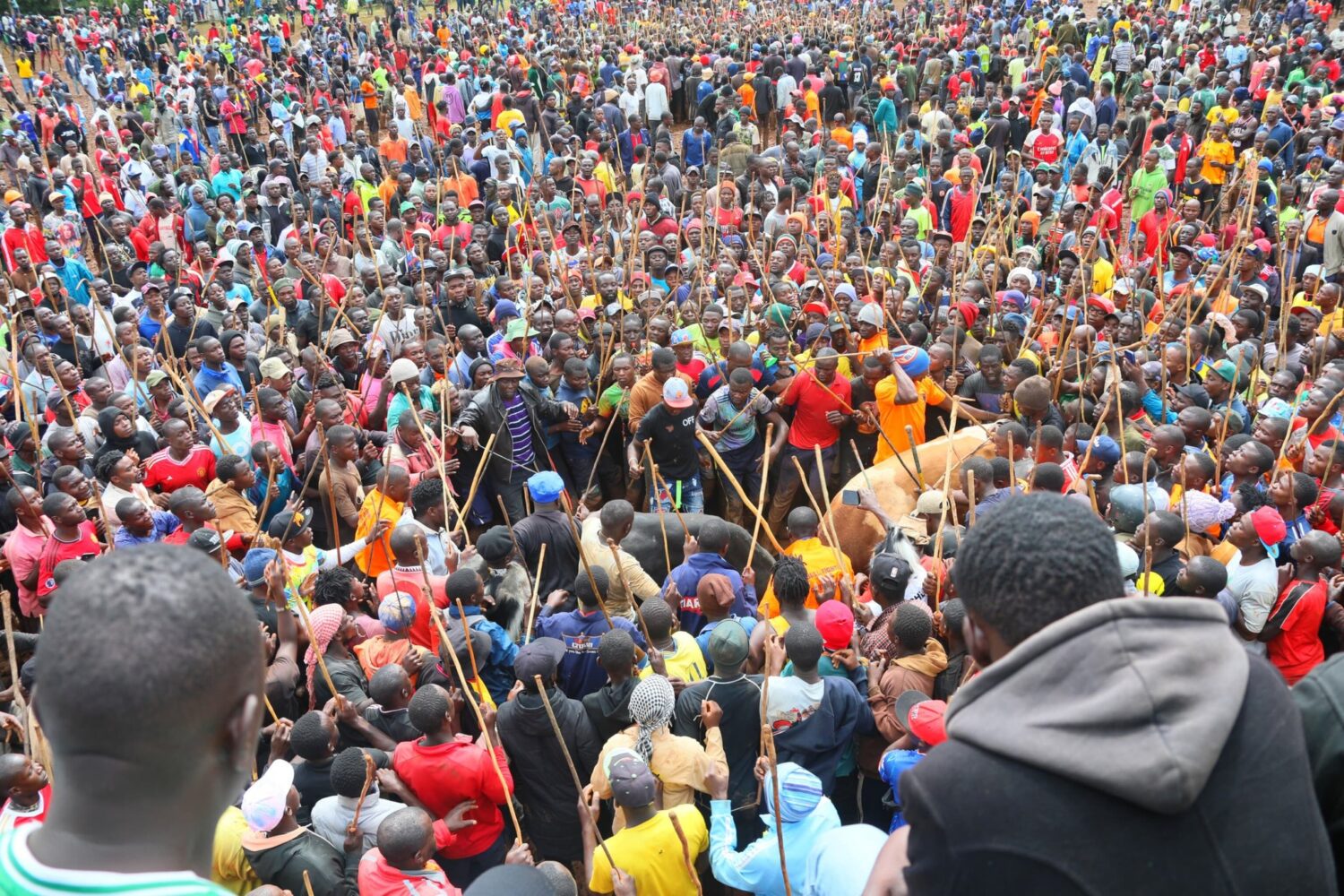Nearly two years into President William Ruto’s Kenya Kwanza administration, the Ministry of Interior and National Administration has made significant steps in fulfilling campaign promises.
Efforts have particularly targeted service delivery to underserved and vulnerable areas, focusing on improving governance to ensure public safety and national security while creating a conducive environment for economic development.
A cornerstone promise under the Ministry of Interior was ensuring the independence of the National Police Service (NPS). President Ruto made a decisive move by transferring the NPS budget away from the Office of the President, empowering the Inspector General as the accounting officer.
For the financial year 2024/25, the police have been allocated a substantial Sh110 billion, reflecting the administration’s commitment to bolstering law enforcement infrastructure.
In his inaugural speech, President Ruto vowed that his administration would not exploit the police for political gains.
“No public servant, even chiefs and their assistants, will be required to run political errands for any political party or formation,” the President declared.
Police Modernization
To ensure the country is secure, the President committed to continue modernizing the police service to ensure it is better equipped to handle diverse challenges and ensure a safer and more secure country.
Under the Police Equipment Modernization (PEM) programme, the government has significantly enhanced the capabilities of Kenya’s security services.
Already, the government has invested Sh7.6 billion and plans to allocate an additional Sh29.4 billion over the next three years.
This substantial investment aims to acquire advanced equipment, including Armored Personnel Carriers (APCs), Mine Resistant Ambush Protected Vehicles (MRAPs), drones, gunship helicopters, mine sweepers, and personal protection gear.
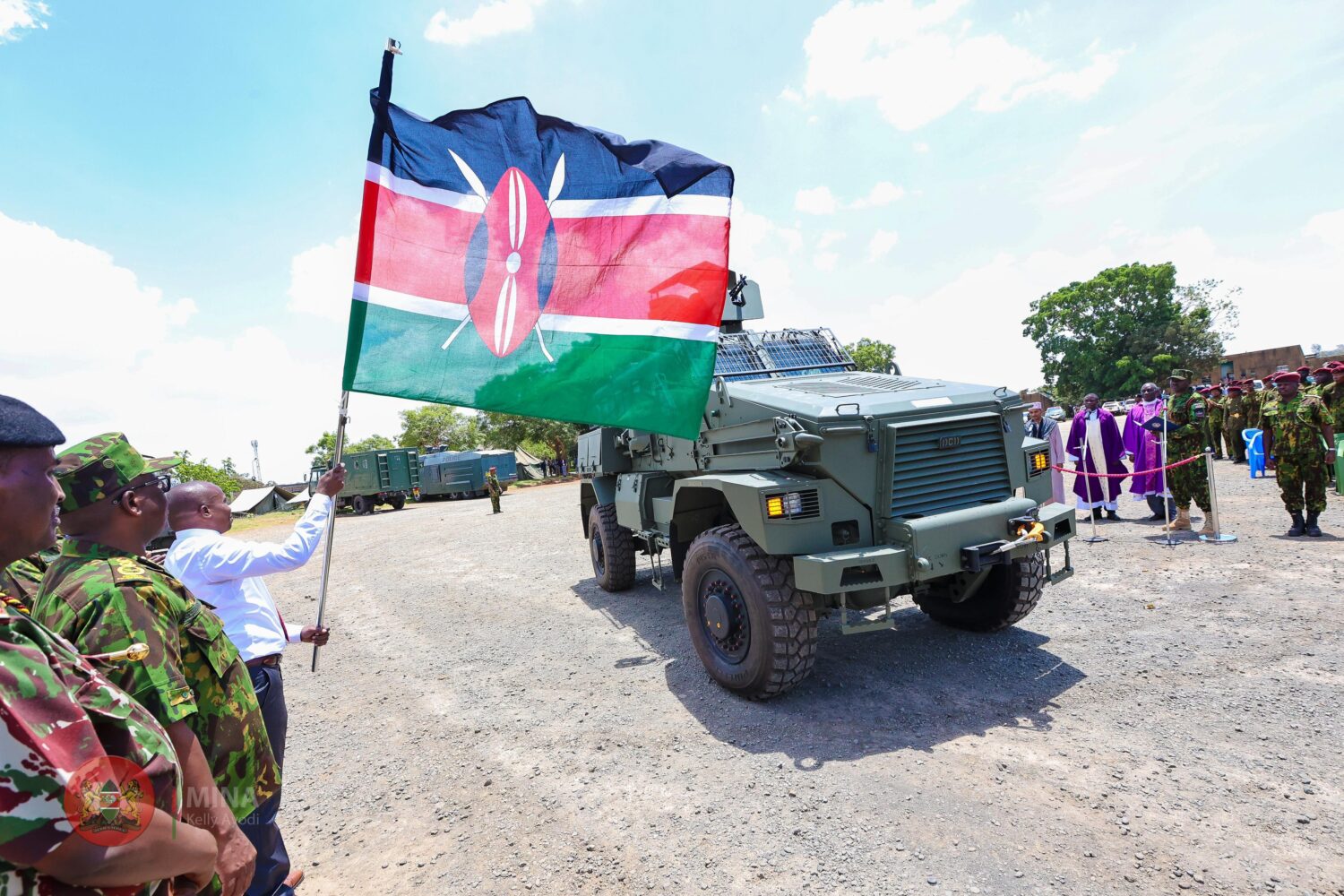
The new equipment is expected to bolster operations such as Operation Maliza Uhalifu in the North Rift Valley and counter-terrorism efforts in the North-Eastern Region and the Boni Enclave in Lamu County.
These enhancements aim to protect frontline officers and ensure the safety and security of Kenyan citizens.
“These efforts are crucial for protecting our officers and securing our nation,” the Interior Cabinet Secretary Prof. Kithure Kindiki said.
New Strategic Framework to Transform Police
Further, the Government embarked on a journey to reform the police service.
To assist with this venture, the President appointed a National Taskforce on Police Reforms that was led by former Chief Justice, David Maraga. Its report was handed over to the President in November 2023.
The Interior Ministry has since finalized a comprehensive strategic framework to unpack and implement the report that identified 271 recommendations for the Police, 210 for Prisons, and 117 for the National
Youth Service (NYS).
The first phase of implementation of reforms has prioritized actions requiring no additional funding, such as revising service charters and developing new service standards.
“We are similarly bringing development partners to the table to support some of the projects and programmes identified in the recommendations,” said the PS Internal Security, Dr. Raymond Omollo.
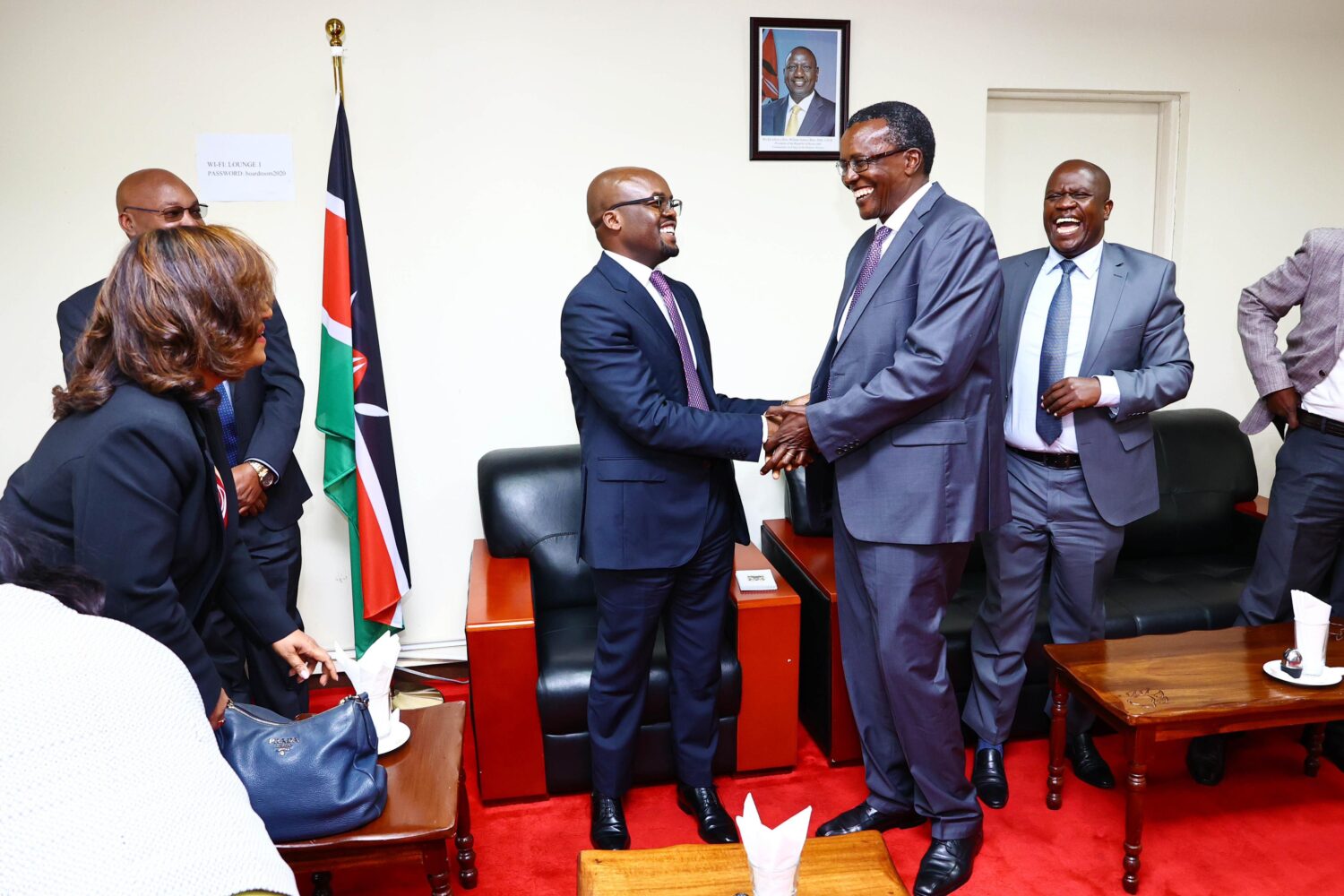
National ID Vetting
During the campaigns, the President had also promised to eliminate discriminatory processes based on ethnicity or religion.
One such process was the vetting subjected to a section of Kenyans before they could be issued with a National Identity card.
“Every Kenyan should be treated equally. We have changed the old policy and have concluded the policy documents. There will no longer be vetting for people who want to get their IDs,” the President said.
As from May 2024, the government abolished the vetting process that was previously required for certain ethnic groups.
The President said the previous vetting process, which often required additional documentation such as birth certificates of parents and grandparents, was discriminatory and hindered many individuals from
obtaining their national IDs.
Recognition of Minority groups
Still under President Ruto, the government has recognized the citizenship of the Pemba community. The Pemba people, who have been living in Kenya’s coastal regions for decades, were previously stateless and lacked official recognition.
This had hindered their access to essential services such as healthcare, education, and the ability to obtain identity documents.
President Ruto announced the decision to grant the Pemba people Kenyan citizenship during the celebrations of Kenya’s 59th Jamhuri Day on December 12, 2022.
He said the move was part of the government’s broader efforts to address historical injustices and ensure that all stateless communities within Kenya are granted citizenship and their associated rights.
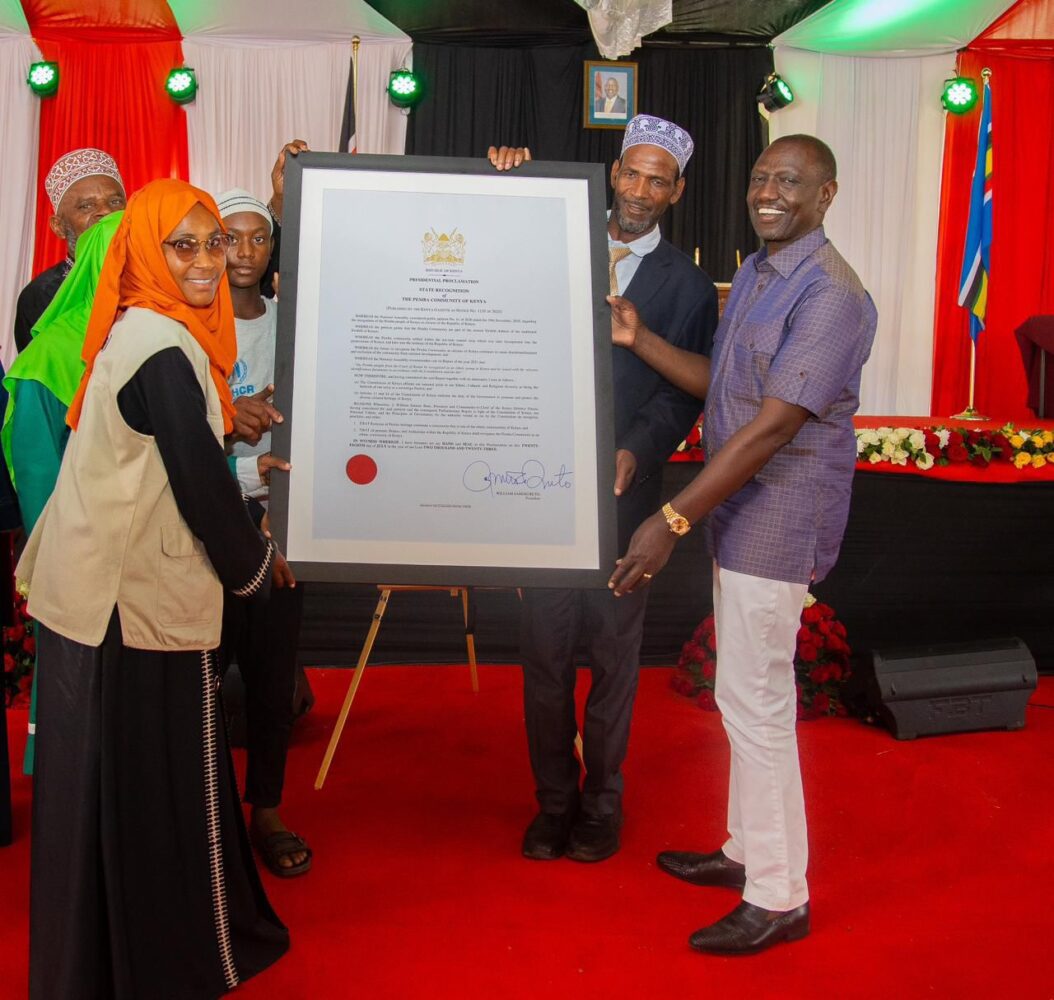
Operationalization Public Benefit Organizations Act
Also in the list of electoral promises was the plan to operationalize the Public Benefit Organizations Act.
This operationalization announced by President Ruto and effected on May 14, 2024, by the Cabinet Secretary, Prof. Kithure Kindiki, marked a significant shift for civil society, ushering in an era of enhanced collaboration and transparency for PBOs across the nation.
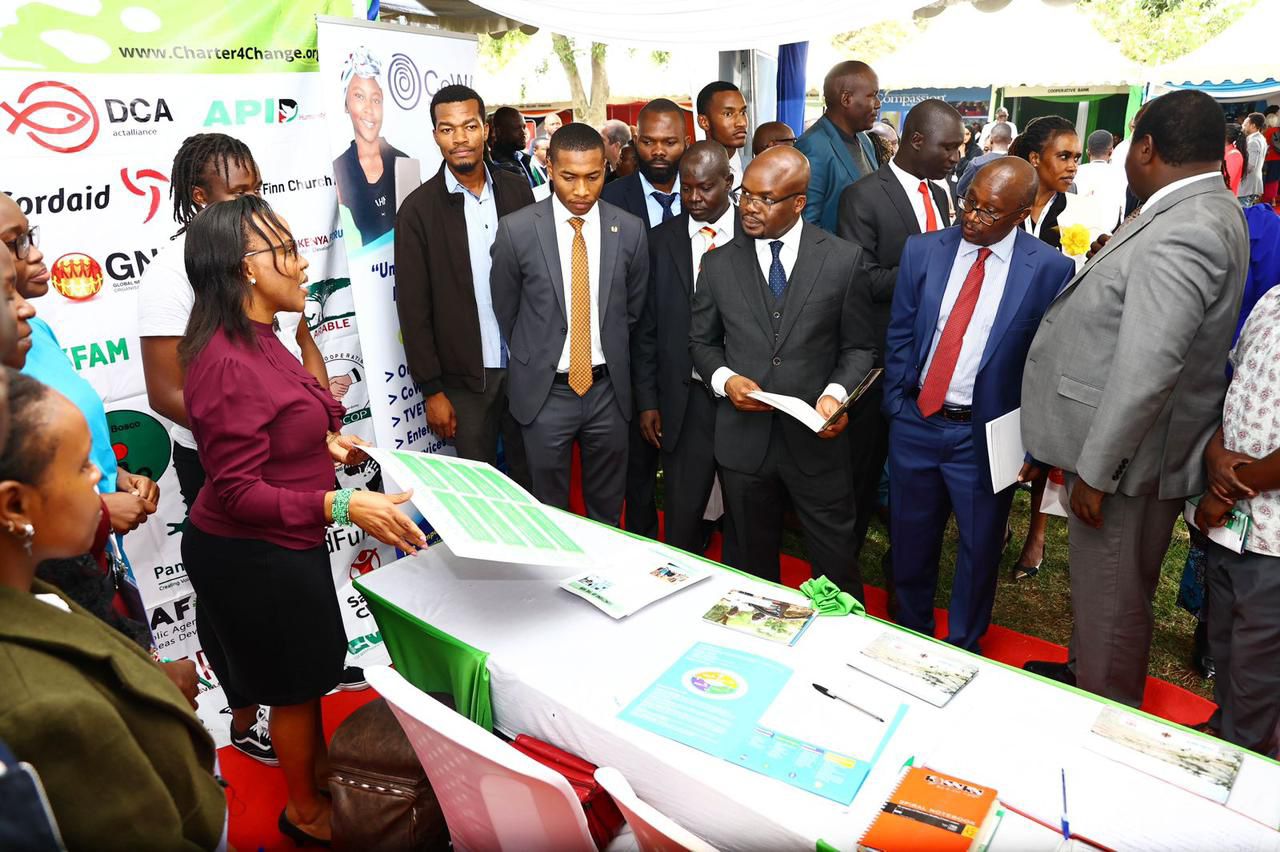
A key element of this new legal framework is its potential to expedite the registration process for PBOs.
This efficiency is crucial, especially in times of humanitarian crises.
“A faster registration process means that PBOs can mobilize resources and respond to emergencies more swiftly, providing timely assistance to those in desperate need,” PS Internal Security, Dr. Raymond Omollo noted.
The PBO Act creates an enabling environment for these organizations to operate with increased efficiency and effectiveness.
It introduces a regulatory and administrative framework that enhances transparency. Moreover, the Act raises the standards of governance within the PBO sector. It emphasizes integrity and accountability, ensuring that PBOs are managed with the highest ethical standards.


